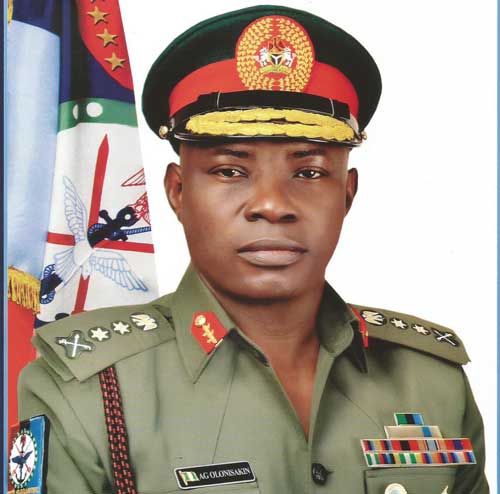The Defence Headquarters says there are no secret graveyards in the North East Theatre of Operation as being insinuated in some quarters.
American newspaper, Wall Street Journal, quoting unnamed “soldiers and military officials”, recently reported that more than 1,000 Nigerian soldiers were buried in secret graveyards in the Northeast area of operation.
A statement by Col. Onyema Nwachukwu, Director of Defence Information, on Thursday in Abuja, said that such insinuation could only emanate from an uninformed position.
Nwachukwu said that the Armed Forces of Nigeria had a rich and solemn tradition for the interment of their fallen heroes.
“Therefore, it must be unambigously clarified that the Armed Forces of Nigeria does not indulge in secret burials, as it is sacrilegious and a profanity to extant ethos and traditions of the Nigerian military.
“In tandem with the traditions of the Armed Forces, fallen heroes are duly honoured and paid the last respect in befitting military funeral of international standard.
Read Also: Native doctor jailed 21 years for raping, impregnating daughter
“It features funeral parade, grave site oration, solemn prayers for the repose of departed souls by Islamic and Christian clerics, as well as gun salutes, aside other military funeral rites,” he said.
Nwachukwu explained that the cemetery described in the publication, situated in Maimalari military Cantonmen, was an officially designated military cemetery for the Armed Forces in the North East theatre, with a Cenotaph erected in honour of the fallen heroes.
According to him, the official cemetery has played host to several national and international dignitaries, where wreaths are laid in honour of the fallen heroes.
“It is therefore a far cry from the sacrilegious impression being painted by the “Wall Street Journal”.
“The Defence Headquarters therefore urges members of the Armed Forces and the public to disregard such a misinformed publication.”
He urged them “to see it as a figment of the imagination of the writer, whose knowledge of military valued ethos and traditions is grossly misplace.”



Leave a Reply